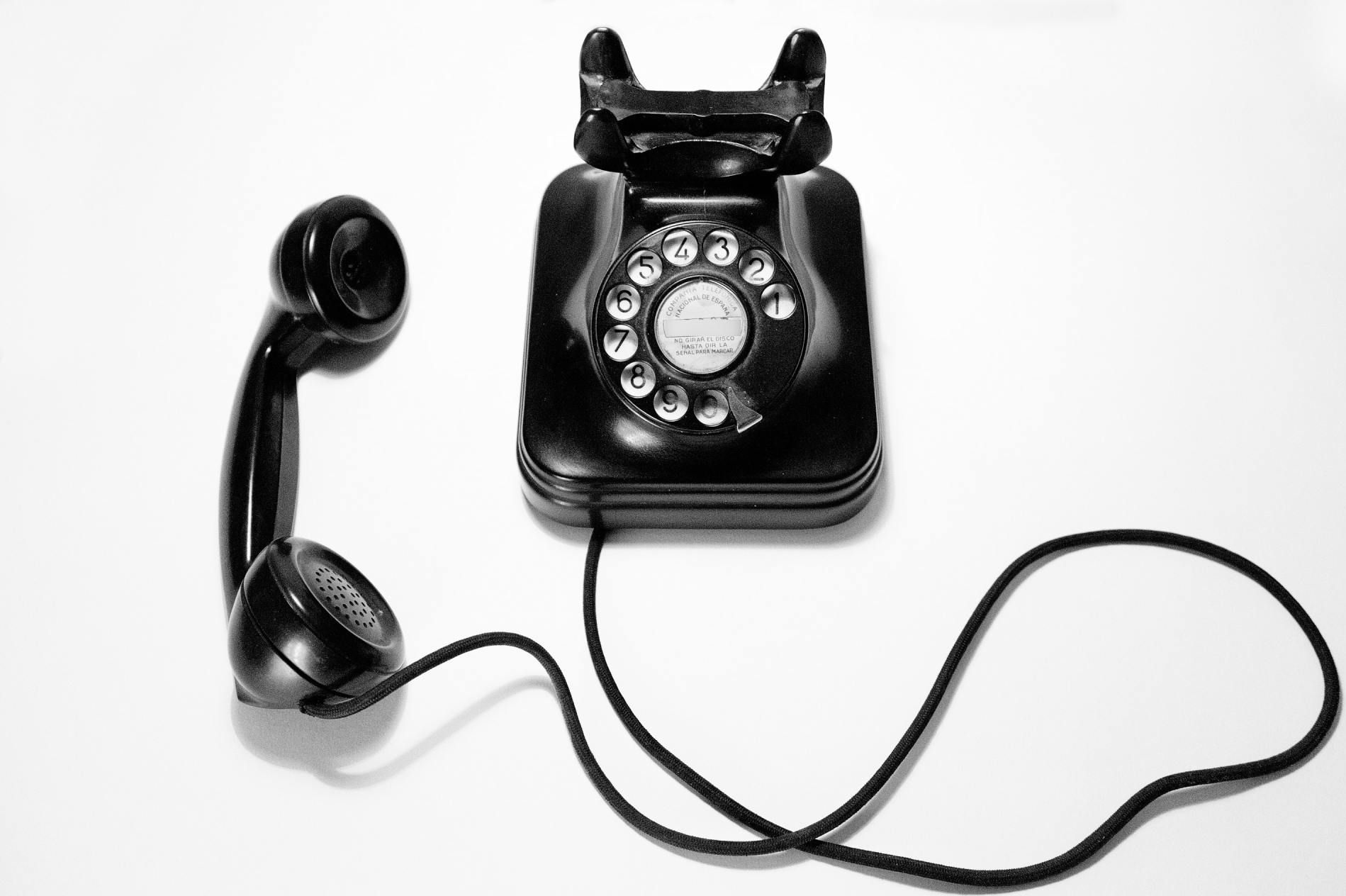Social Anxiety
Social Anxiety Disorder, also sometimes called Social Phobia, can be described as a fear of social interactions and situations, where one might possibly be judged or evaluated by others. Individuals with social anxiety disorder tend to feel nervous or uncomfortable when around others. These situations can fall into two categories: performance situations like meetings, presentations, eating in front of others, or public speaking, or interpersonal interactions such as meeting new people, talking to friends, dating, or going to social events.
Social Anxiety in Children
Social Anxiety vs. Shyness
Symptoms of Social Anxiety Disorder
- Fear of situations in which you might be judged
- Fear of embarrassment or humiliation
- Fear of people noticing discomfort or anxiety (e.g. blushing)
- Anxiety when thinking about future social situations
- Analyzing interactions with others for mistakes
- Feeling panicked prior to social interactions
- Attempting to avoid social situations
- Experiencing anxiety and distress when unable to avoid situations
How is Social Anxiety Disorder treated?
Call us now to book an appointment!
Toronto Psychologists Clinic
Our administrative assistants at Toronto Psychologists are available to assist you in booking your first appointment and answer any questions you may have. They are available from Monday to Friday, between the hours of 8:30am to 5:00pm.
If you are visiting us outside of our business hours,
click here to book an appointment now, complete the form on our
contact page to receive a call back, or leave us a message.
Location:
Yonge Eglinton Centre
2300 Yonge St., Suite 1600
Toronto, Ontario M4P 1E4
Email Us:
© All Rights Reserved. 2022. Dr. Stacy Lekkos.
Smart Site Design & SEO Services by Green Lotus Agency



